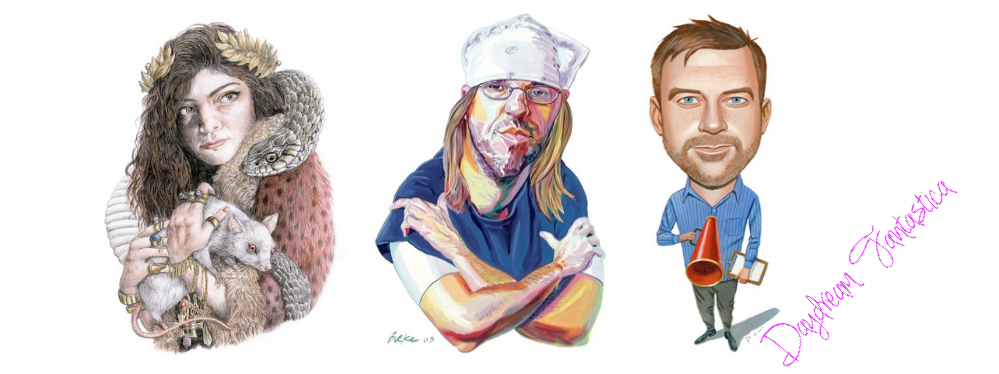That isn't to say that Anderson's world ever quite existed; his movies are a pastiche of French New Wave gloss and weirdness, combined with the emotionally stern yet heartwarming indies of the 70s. You could say it's a 90s movie brat's take on a romantasized combination of François Truffaut and Hal Ashby. Just not the way that François Truffaut or Hal Ashby would have actually done things. Anderson's movies are nostalgia for a time that's more real to him than was actually real. He's not the first artist to do this: The Kinks sang of an old fabled Britain more homely and picturesque than it ever was; Jack White recreated 60s London with such eccentricity it could only have came from an American; Lou Reed was getting all bitter about older times in his 20s; and Anderson's almost childlike affection for how he thinks about bygone eras has always lent his films a real warmth.
Grand Budapest's story is a story inside a story inside a story, which runs smoothly on screen but isn't important enough for me to explain in detail here. Just know that the main plot begins when Zero (Tony Revolori) arrives at the Budapest as the new bellboy, under the service of slick hotel owner M Gustave (Ralph Fiennes) who that opening quote was really meant for. The story is put into motion when one of Gustave's most revered guests (Tilda Swinton) dies and in her will leaves Gustave a priceless painting - all to the dismay of now disgruntled relative Dimitri (Adrien Brody) and his henchmen Jopling (William Dafoe); starting off a case of framing of Gustave and the hunt for other suspect Serge (Mathieu Amalric). Not that plot is everything here, Anderson's quirks and excited tangents into the world he builds around the Budapest take up just as much time.
Not everything's perfect: Anderson's Andersoness becomes a bit of a sensory overload before Gustave's adventure is over. There's so much (and I'm not really going to stick it to the guy for wanting to give viewers too much, which is all this is) that some elements don't get their time to shine: Adrien Brody, Bill Murray, Jeff Goldblum, Owen Wilson, Harvey Keitel and others all appear, with interesting characters to boot, only to get little more than extended cameos. Saoirse Ronan also appears as Zero's lover although too feels unimportant to the plot. But that's just nitpicking: Wes Anderson runs on childlike warmth the way Owen Wilson runs on enthusiasm, and you can sense Anderson's warmth and affection for the world of Grand Budapest in every frame. I used to think Anderson's movies were more homages to the past than orginals, but now I see Anderson really is holding up values no-one else bothers to. Framing each shot with such exactness and paying attention to such tiny details. A scene where Dafoe's shadowy henchmen turns up at the door of an innocent woman, the sister of someone he's looking for, in a dark alley where snow is falling on him, should feel cliche and simply part of a long movie tradition; but put into Anderson's world and these aren't cliches or tropes anymore but have all the power and excitement they once had when old movies first did them. His images fight against most modern movies and their acceptance of not aiming for something great. Anderson's world may well have vanished, maybe not truly have existed, but I agree, he certainly sustains the illusion with marvelous grace.




No comments:
Post a Comment